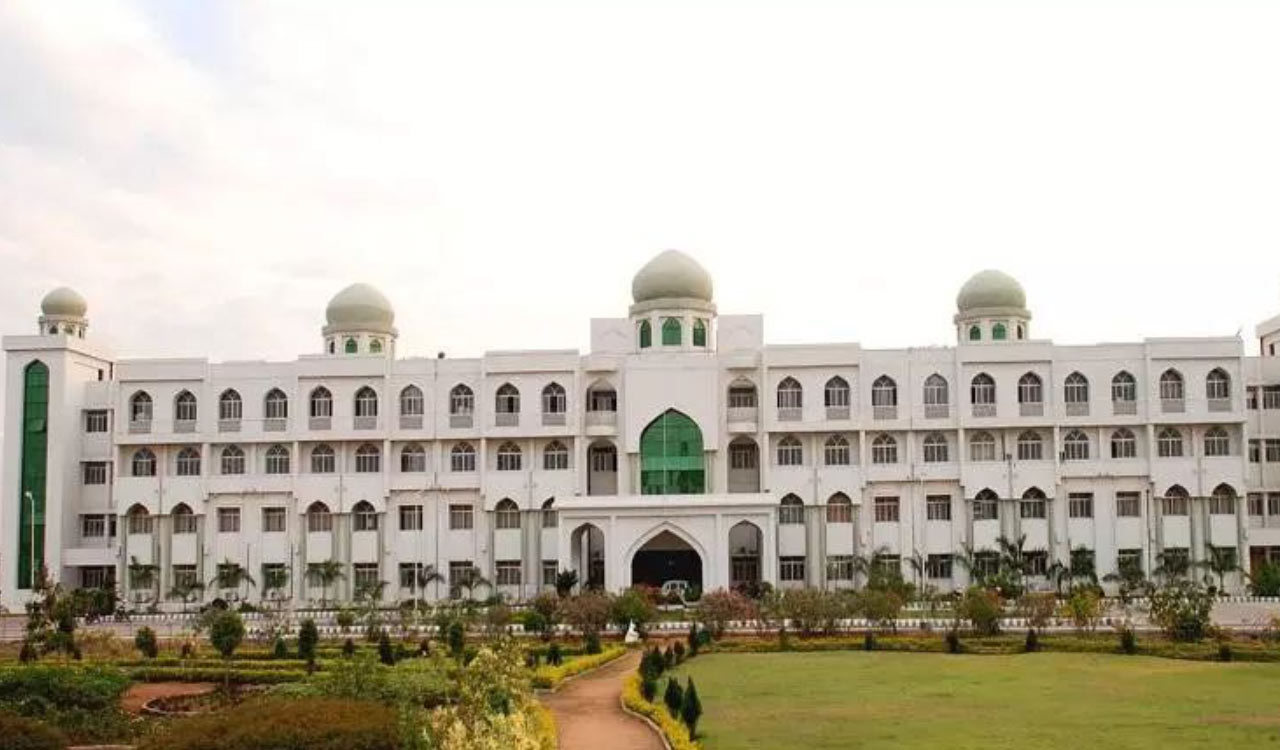Maulana Azad National Urdu University will organise a two-day national workshop for distance and online education officials on January 12 and 13. The event will focus on policy reforms, coordination and implementation of the National Education Policy 2020.
Published Date – 10 January 2026, 03:34 PM

Hyderabad: The Centre for Distance and Online Education, Maulana Azad National Urdu University, is organising a two-day national workshop-cum-orientation programme for its Regional Directors, Assistant Regional Directors and Learner Support Centre Coordinators on January 12 and 13. Prof Syed Ainul Hasan, Vice-Chancellor, MANUU, will preside over the inaugural session.
According to Prof Mohd Razaullah Khan, Director, CDOE, the programme is expected to play a significant role in capacity building, fostering institutional coordination and ensuring smoother implementation of policy reforms in distance and online education.
The workshop aims to deliberate on key issues, emerging challenges and best practices in the field of Distance and Online Education, with a special focus on the implementation of the National Education Policy 2020 in the Open and Distance Learning framework.
Senior academicians, education administrators, policy experts and officials associated with distance and online education are expected to address various technical, academic and operational aspects during the event.



